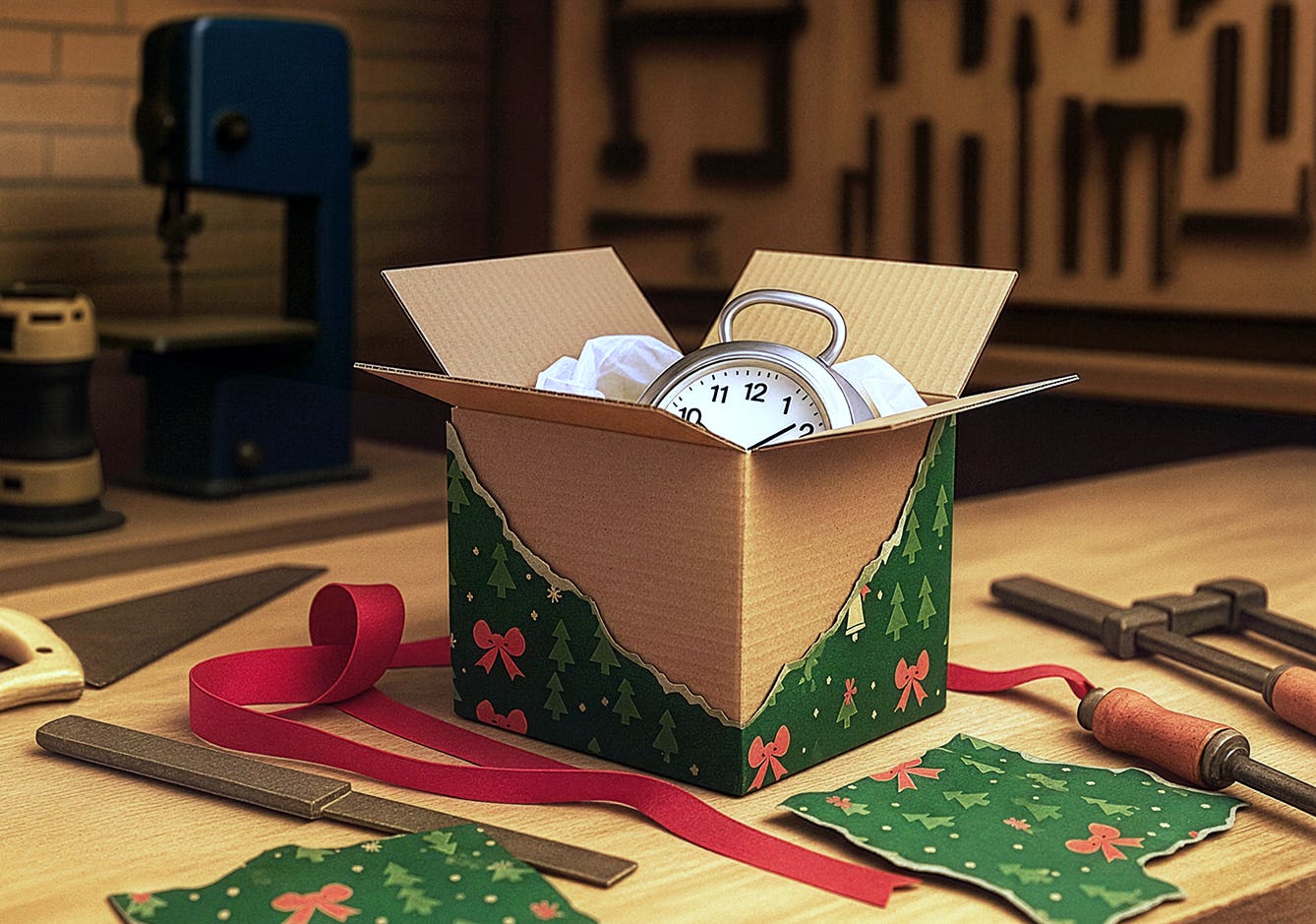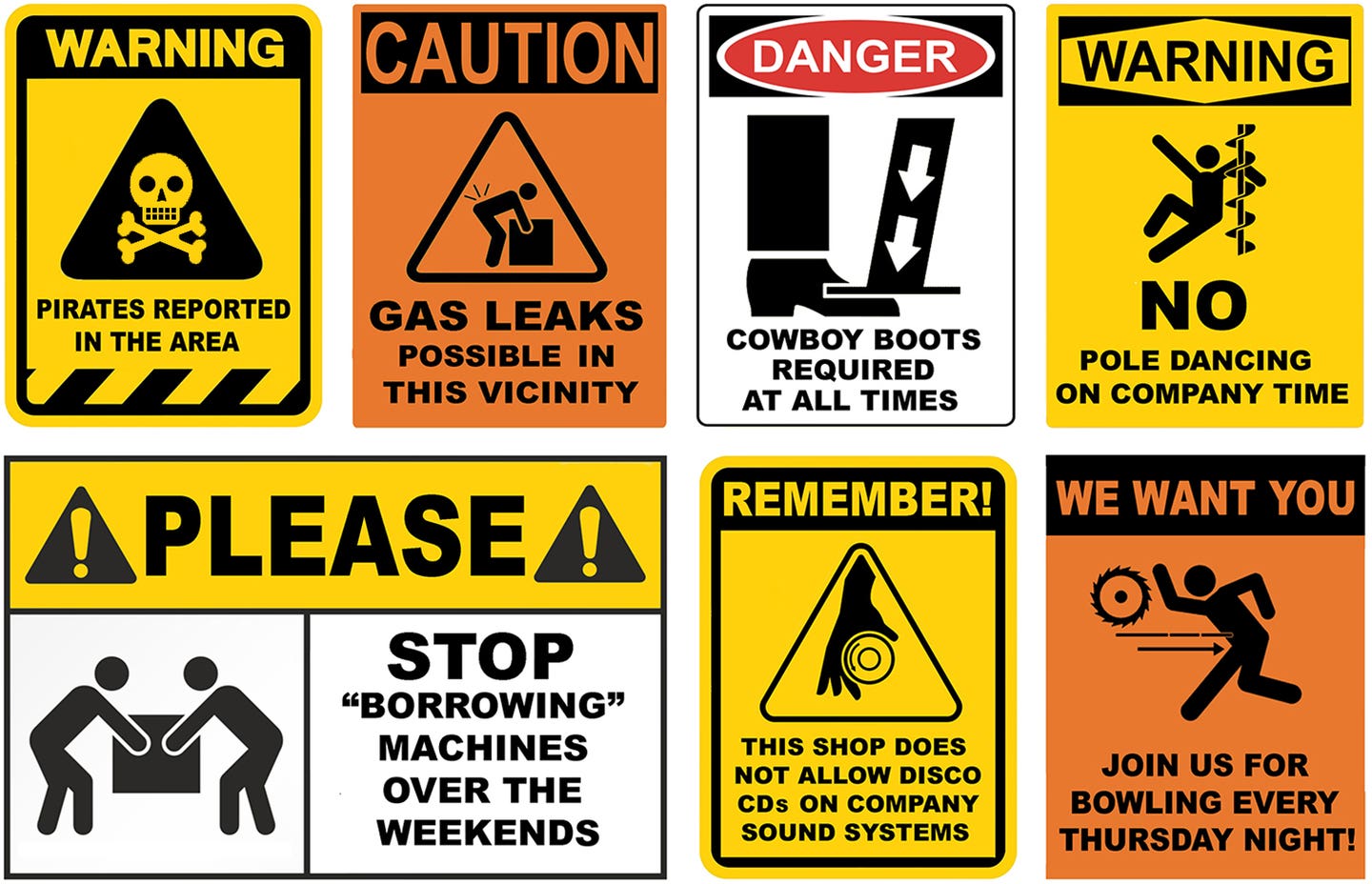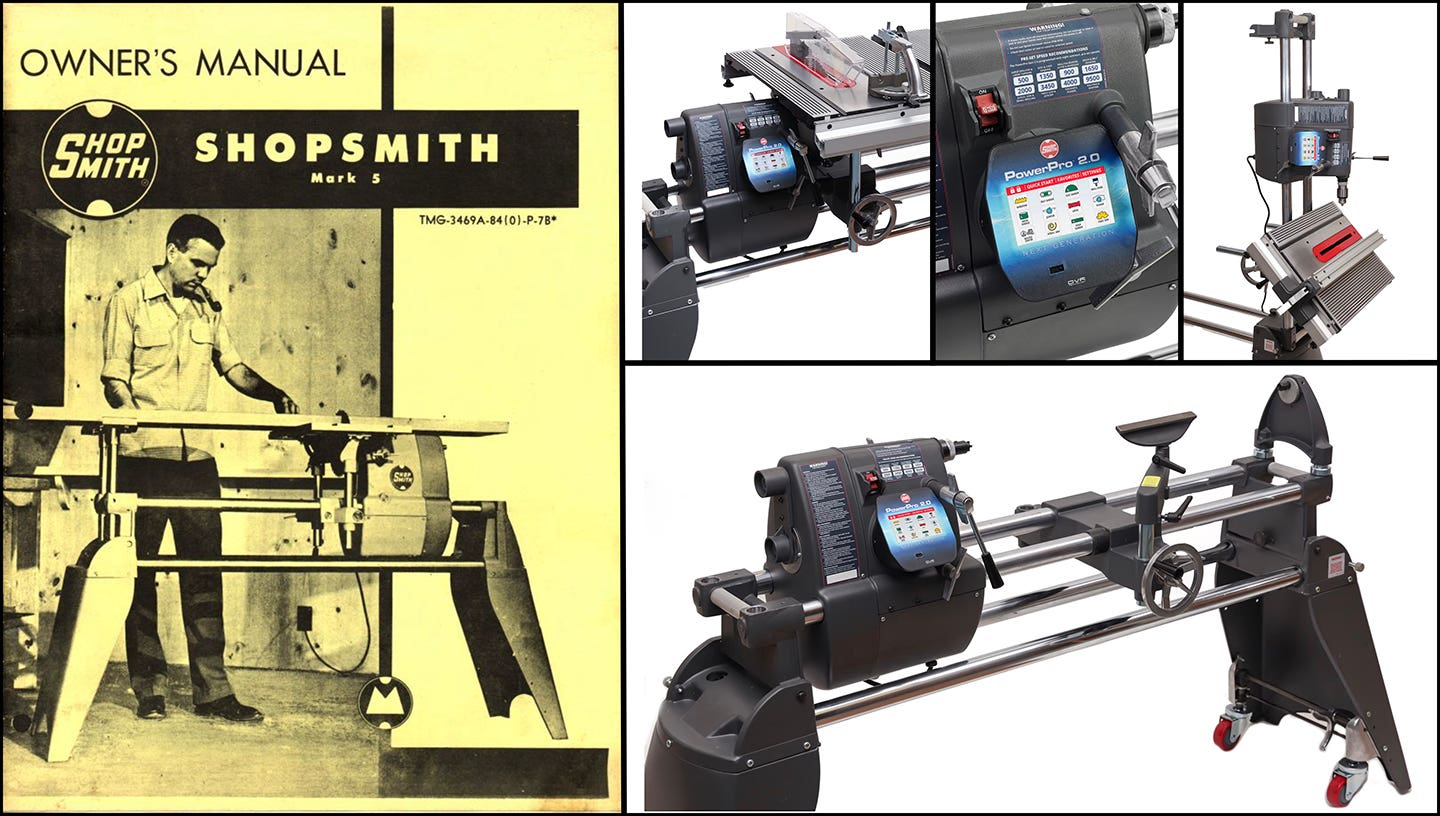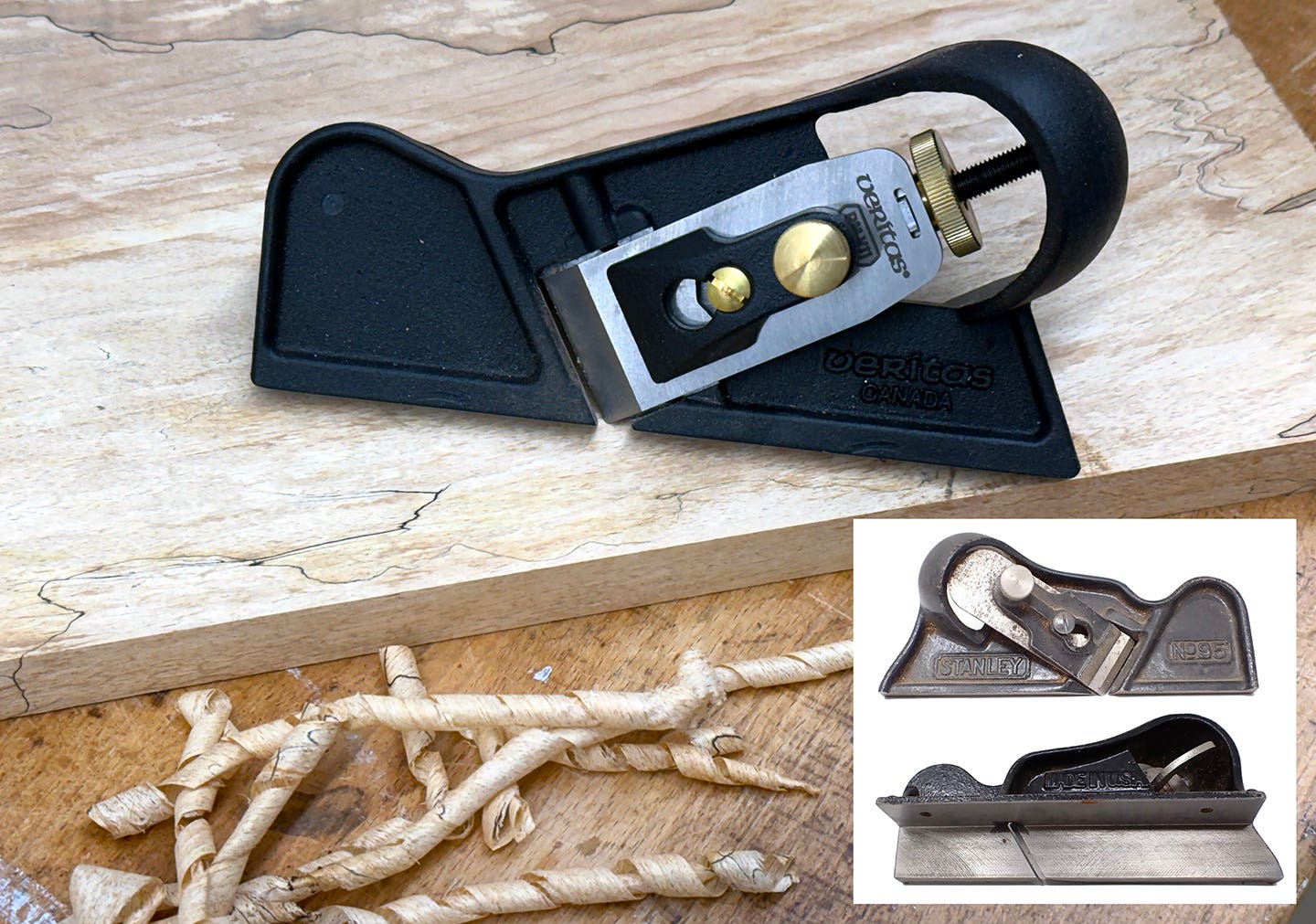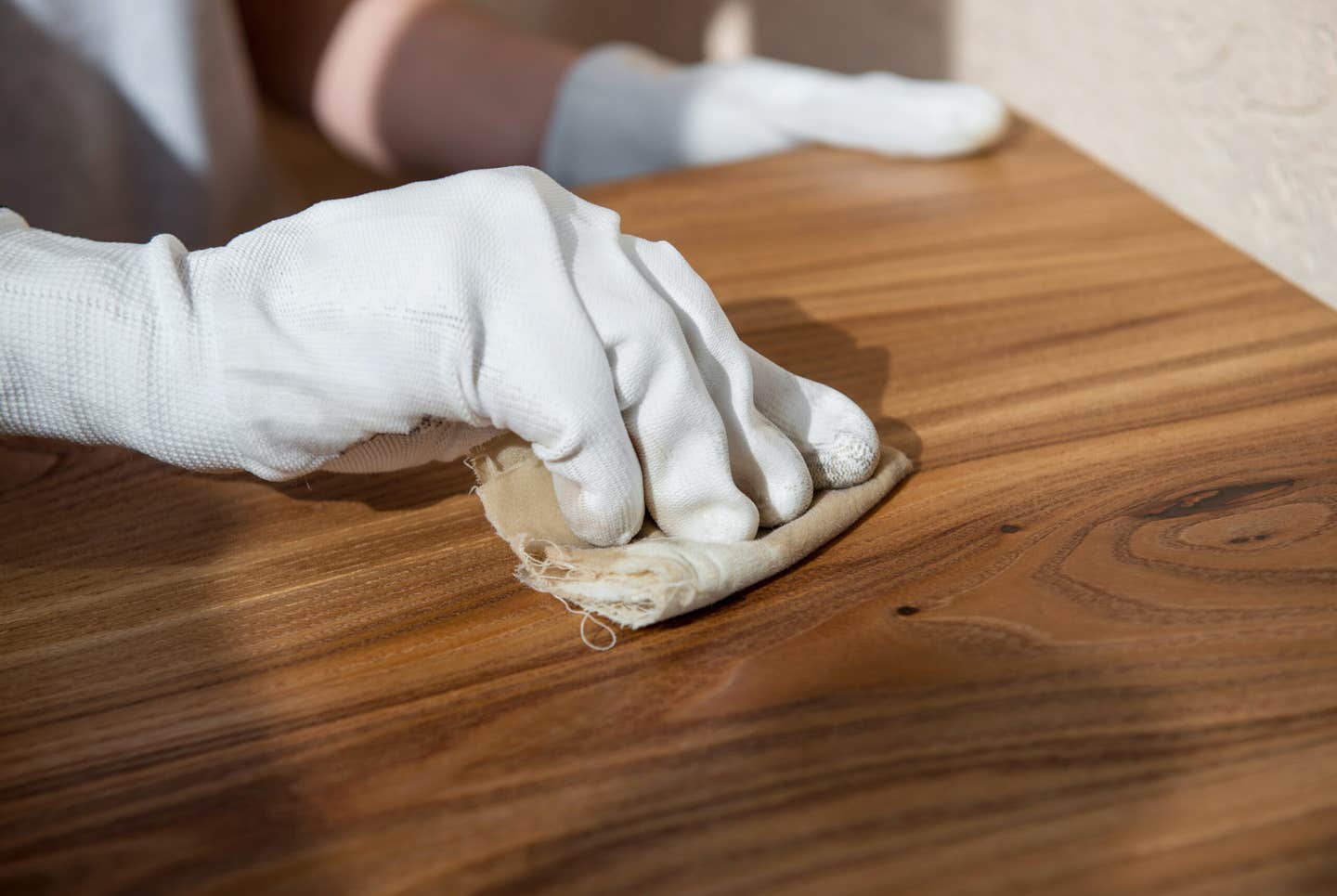Dying to try something new
Last time, I talked about using shellac to finish a major project for the first time in years. I was so pleased with the results that I resolved to try…
Last time, I talked about using shellac to finish a major project for the first time in years. I was so pleased with the results that I resolved to try some other long-neglected shop techniques again.
Out of general preference I usually stick with what I've used in the past that's given me good results: polyurethane, pigment stains, oak, yellow glue, the router table for dados and rabbet joints, and stuff like that. My experience with shellac made me rethink what I use and how I work.
For example, the bit I use most often in my router table is a straight bit. I generally just leave the bit in the table, and when I need a quick rabbet joint it's always ready to go. Why bother with the hassle of changing the table saw over to a dado set and then back again? I've always been pleased with my router-cut rabbets, but recently I took the time and trouble to change out the saw to a dado set for a photo shoot. Guess what? I liked it better, even with the extra hassle.
Likewise, I've always preferred the look of pigment stain in open-grained wood. I'd used dye before, but generally restricted its use for tasks like getting sapwood to match heartwood in workpieces. However, encouraged by my recent experience with shellac, I decided to use some dye stain for a project. The results came out OK, I guess, but I think I still prefer pigment-based stains for general use.
In one case with the dado set on the table saw I learned that something I'd been avoiding because I'd convinced myself it was a hassle was actually a better way to go. In the other using a dye stain I reconfirmed why I prefer the results I get with a pigment stain.
So for one I learned a "new" way of doing things I like better; for the other I reaffirmed that tried-and-true was the best way for me to go. Both of these are Very Good Things.
But the point is that if I hadn't decided to try some different ways of working, I wouldn't have learned what I did, and never would have expanded my capabilities as a woodworker.
Till next time,
A.J.
A.J. Hamler is the former editor of Woodshop News and Woodcraft Magazine. He's currently a freelance woodworking writer/editor, which is another way of stating self-employed. When he's not writing or in the shop, he enjoys science fiction, gourmet cooking and Civil War reenacting, but not at the same time.



